Chemical pollution in Europe’s Seas

According to a recent poll of citizens from ten European countries, pollution is the primary concern of the public at large among all issues that threaten the marine environment. Such public concern is not misplaced and is supported by scientific evidence.
Dog Excrement in Plastic Bags Threatens Beach Safety
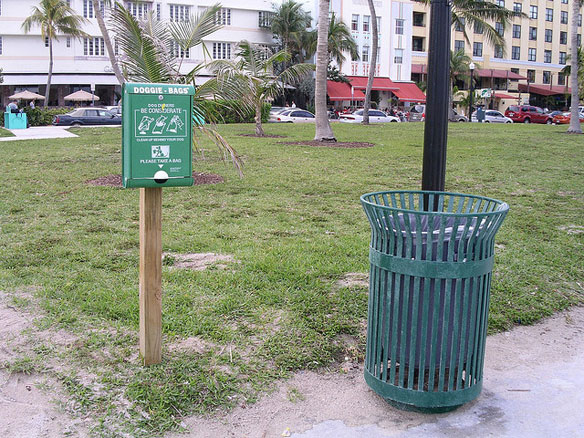
Dog excrement wrapped in plastic bags discarded by careless owners, has emerged as a growing trend and one of the biggest single threats to the health and safety of beach visitors, the Marine Conservation Society has warned.
World Water Day 2012: Water and Food Security
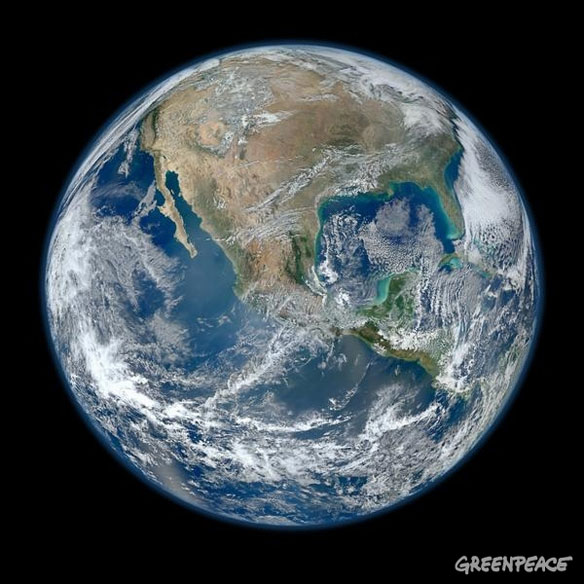
Water is precious. All living things need it to survive. But we are failing to take care of it. Many struggle to get it while others believe their taps will never run dry. The UN has designated March 22nd World Water Day to focus attention on the importance of fresh, clean water and to advocate for the sustainable management of fresh water resources.
Global Sea Level Likely to Rise as Much as 70 Feet in Future Generations

Even if humankind manages to limit global warming to 2 degrees Celsius (3.6 degrees Fahrenheit)–as the Intergovernmental Panel on Climate Change recommends–future generations will likely have to deal with a completely different world.
Venice hasn’t stopped sinking after all
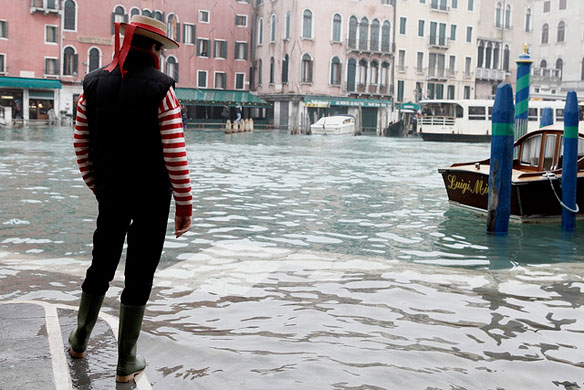
Sea-level rise isn’t the only thing that has Venice’s famous canals rising ever-so-slightly every year: The city is also sinking, a new study shows, in contrast to previous studies that suggested the city’s subsidence had stabilized.
Climate Change Damage to Oceans to Cost $2 Trillion

Greenhouse gases are likely to result in annual costs of nearly $2 trillion in damage to the oceans by 2100, according to a new Swedish study, by the Stockholm Environment Institute.
Oil from Deepwater Horizon Disaster Entered Food Chain in the Gulf of Mexico
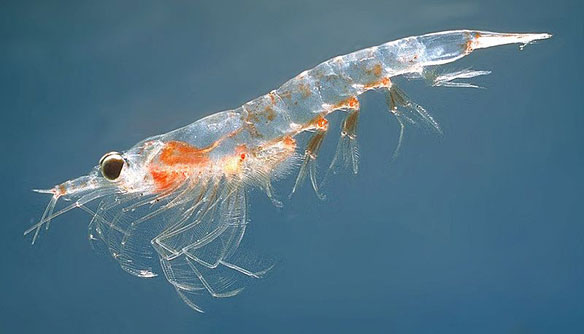
A new study confirms that oil from the Macondo well made it into the ocean’s food chain through the tiniest of organisms, zooplankton.
Avoiding the Tragedy of the Commons
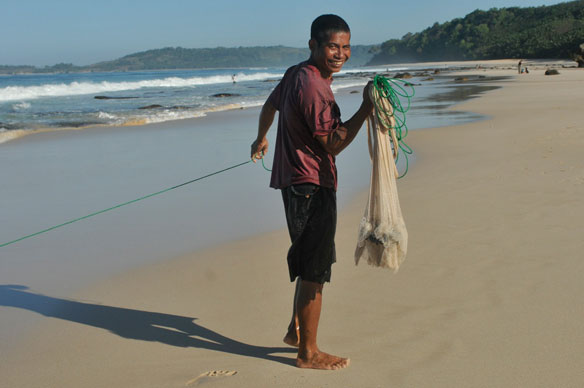
Management of fisheries at the community level can help curb overfishing and the ‘tragedy of the commons’ which is driving humans to decimate the planet’s dwindling fish stocks, an international scientific team concluded. In an analysis of 42 coral reef sites where coastal resources are managed by partnerships between governments, conservation groups, and fishers, they found that such co-management is largely successful in both sustaining fisheries and improving livelihoods.
New Greenpeace Research: Washing Big Name Brands Makes Consumers Polluters

Greenpeace today released evidence that hazardous chemical residues in clothing items sold by major brands are released into public waterways when they are washed by consumers. Once entering our rivers, lakes and seas these chemicals then break down into even more toxic and hormone-disrupting substances.
